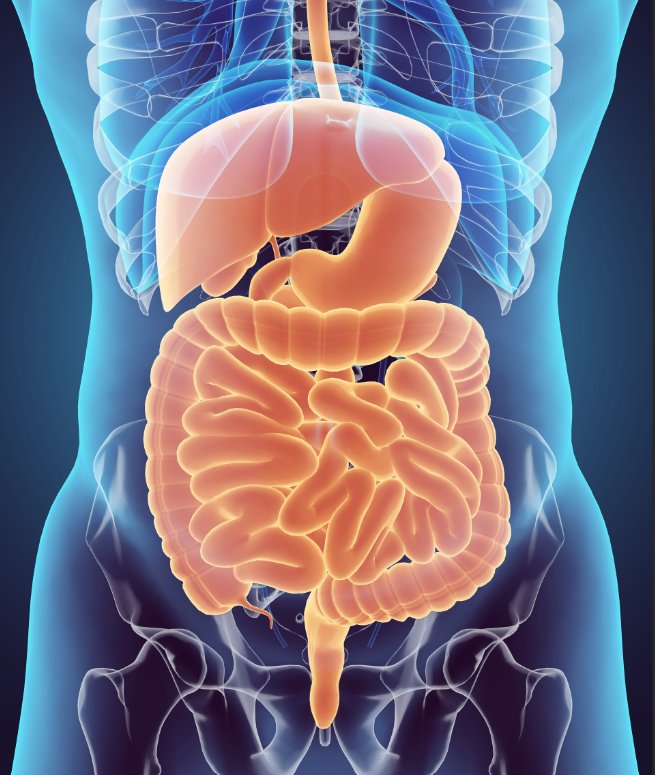We often emphasize the importance of maintaining a healthy digestive system for overall well-being. The digestive system is a complex network of organs responsible for breaking down food, absorbing nutrients, and eliminating waste. However, achieving optimal digestive health requires more than just a balanced diet and regular exercise. Enzymes play a crucial role in this intricate process, serving as catalysts for various biochemical reactions that facilitate digestion.
Enzymes are specialized proteins produced by the body to speed up chemical reactions. In the context of digestion, enzymes act as biological catalysts that help break down food into smaller, more easily digestible molecules. These molecules can then be absorbed by the body and used for energy, growth, and repair.
One of the key enzymes involved in digestion is amylase, which is produced in the salivary glands and pancreas. Amylase is responsible for breaking down carbohydrates into simple sugars like glucose and maltose. Without adequate amylase activity, carbohydrates may not be properly digested, leading to digestive discomfort and nutrient malabsorption.
Another important group of enzymes is proteases, which break down proteins into amino acids. Proteases are produced in the stomach (as pepsin) and pancreas (as trypsin and chymotrypsin). A deficiency in protease activity can result in undigested protein fragments, which may cause gastrointestinal symptoms such as bloating, gas, and abdominal pain.
Lipases are enzymes that break down fats into fatty acids and glycerol. Lipase production occurs primarily in the pancreas and aids in the digestion and absorption of dietary fats. Insufficient lipase activity can lead to fat malabsorption, characterized by oily stools and deficiencies in fat-soluble vitamins like A, D, E, and K.
In addition to endogenous enzymes produced by the body, certain foods contain naturally occurring enzymes that can support digestion. For example, pineapple and papaya contain bromelain and papain, respectively, which help break down proteins in the stomach. Fermented foods like yogurt, kefir, and sauerkraut also contain probiotic bacteria that produce enzymes to aid in digestion.
Maintaining a healthy digestive system requires adequate enzyme activity to ensure efficient nutrient absorption and waste elimination. Factors such as age, diet, stress, and certain medical conditions can influence enzyme production and function. Supplementing with digestive enzyme supplements may be beneficial for individuals with digestive disorders or enzyme deficiencies.
In conclusion, enzymes play a critical role in maintaining a healthy digestive system by facilitating the breakdown and absorption of nutrients from food. By understanding the importance of enzymes and supporting their function through diet and supplementation, we can promote optimal digestive health and overall well-being. As always, consult with a healthcare professional before making any significant changes to your diet or supplement regimen.
Enzymes are specialized proteins produced by the body to speed up chemical reactions. In the context of digestion, enzymes act as biological catalysts that help break down food into smaller, more easily digestible molecules. These molecules can then be absorbed by the body and used for energy, growth, and repair.
One of the key enzymes involved in digestion is amylase, which is produced in the salivary glands and pancreas. Amylase is responsible for breaking down carbohydrates into simple sugars like glucose and maltose. Without adequate amylase activity, carbohydrates may not be properly digested, leading to digestive discomfort and nutrient malabsorption.
Another important group of enzymes is proteases, which break down proteins into amino acids. Proteases are produced in the stomach (as pepsin) and pancreas (as trypsin and chymotrypsin). A deficiency in protease activity can result in undigested protein fragments, which may cause gastrointestinal symptoms such as bloating, gas, and abdominal pain.
Lipases are enzymes that break down fats into fatty acids and glycerol. Lipase production occurs primarily in the pancreas and aids in the digestion and absorption of dietary fats. Insufficient lipase activity can lead to fat malabsorption, characterized by oily stools and deficiencies in fat-soluble vitamins like A, D, E, and K.
In addition to endogenous enzymes produced by the body, certain foods contain naturally occurring enzymes that can support digestion. For example, pineapple and papaya contain bromelain and papain, respectively, which help break down proteins in the stomach. Fermented foods like yogurt, kefir, and sauerkraut also contain probiotic bacteria that produce enzymes to aid in digestion.
Maintaining a healthy digestive system requires adequate enzyme activity to ensure efficient nutrient absorption and waste elimination. Factors such as age, diet, stress, and certain medical conditions can influence enzyme production and function. Supplementing with digestive enzyme supplements may be beneficial for individuals with digestive disorders or enzyme deficiencies.
In conclusion, enzymes play a critical role in maintaining a healthy digestive system by facilitating the breakdown and absorption of nutrients from food. By understanding the importance of enzymes and supporting their function through diet and supplementation, we can promote optimal digestive health and overall well-being. As always, consult with a healthcare professional before making any significant changes to your diet or supplement regimen.




Leave a comment
This site is protected by hCaptcha and the hCaptcha Privacy Policy and Terms of Service apply.